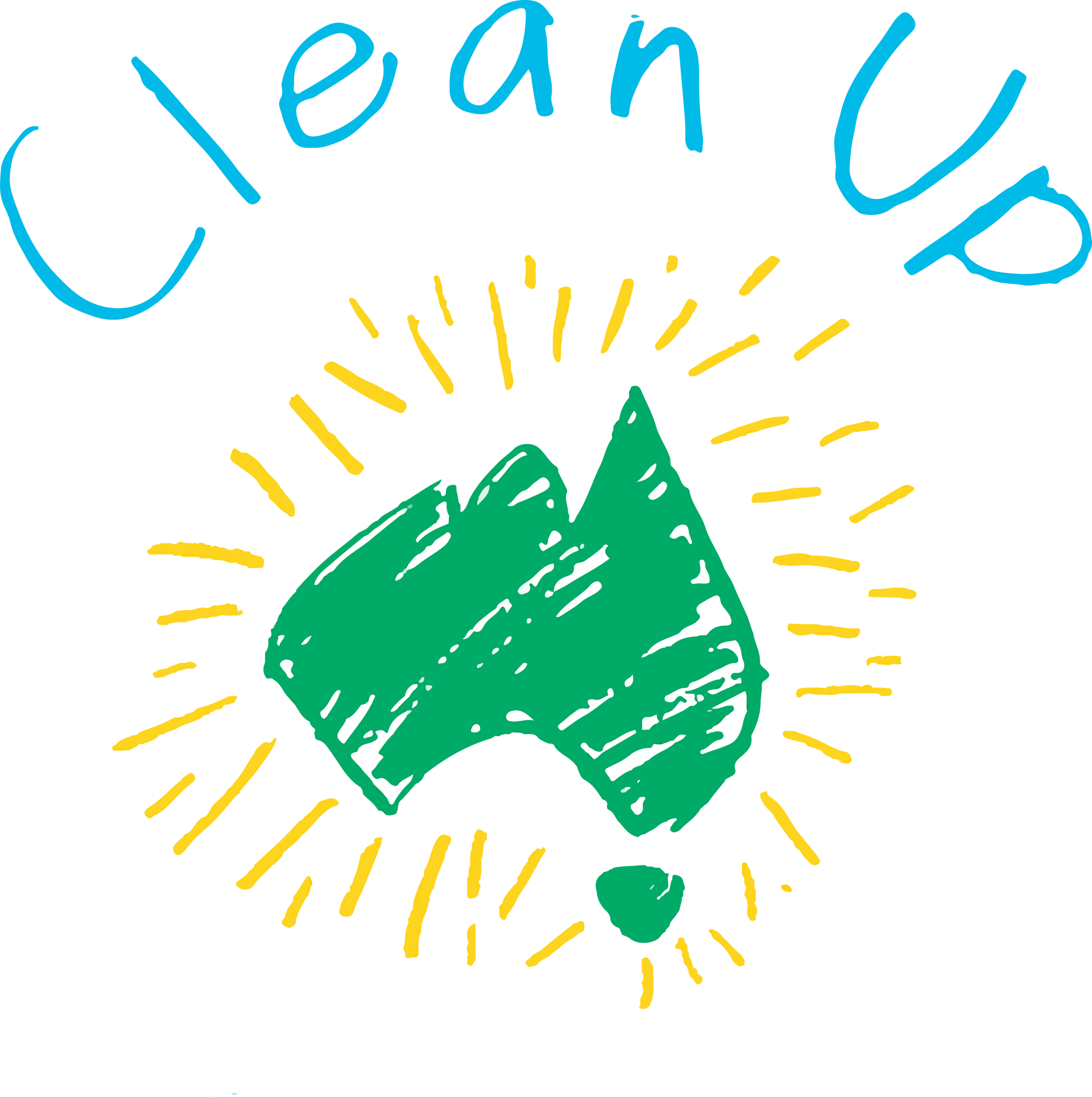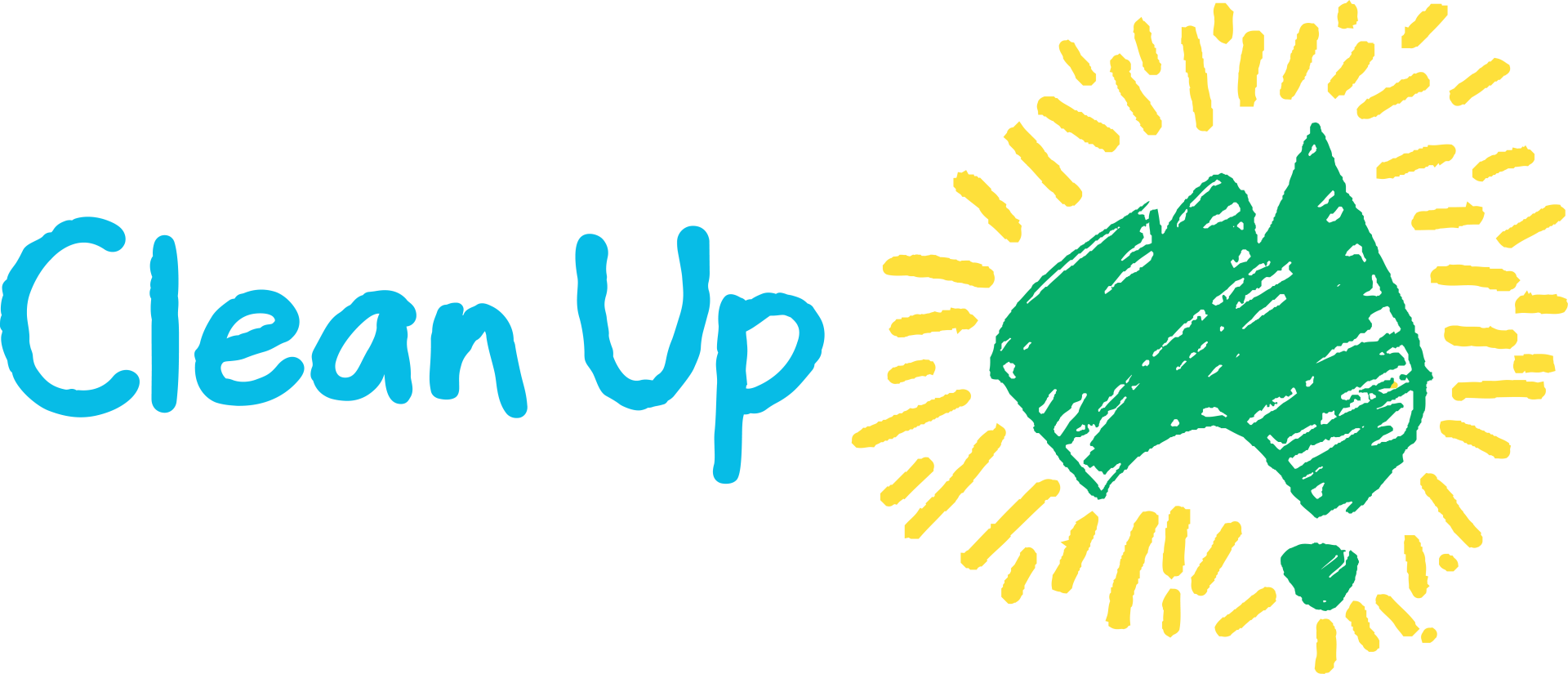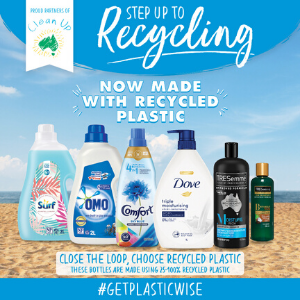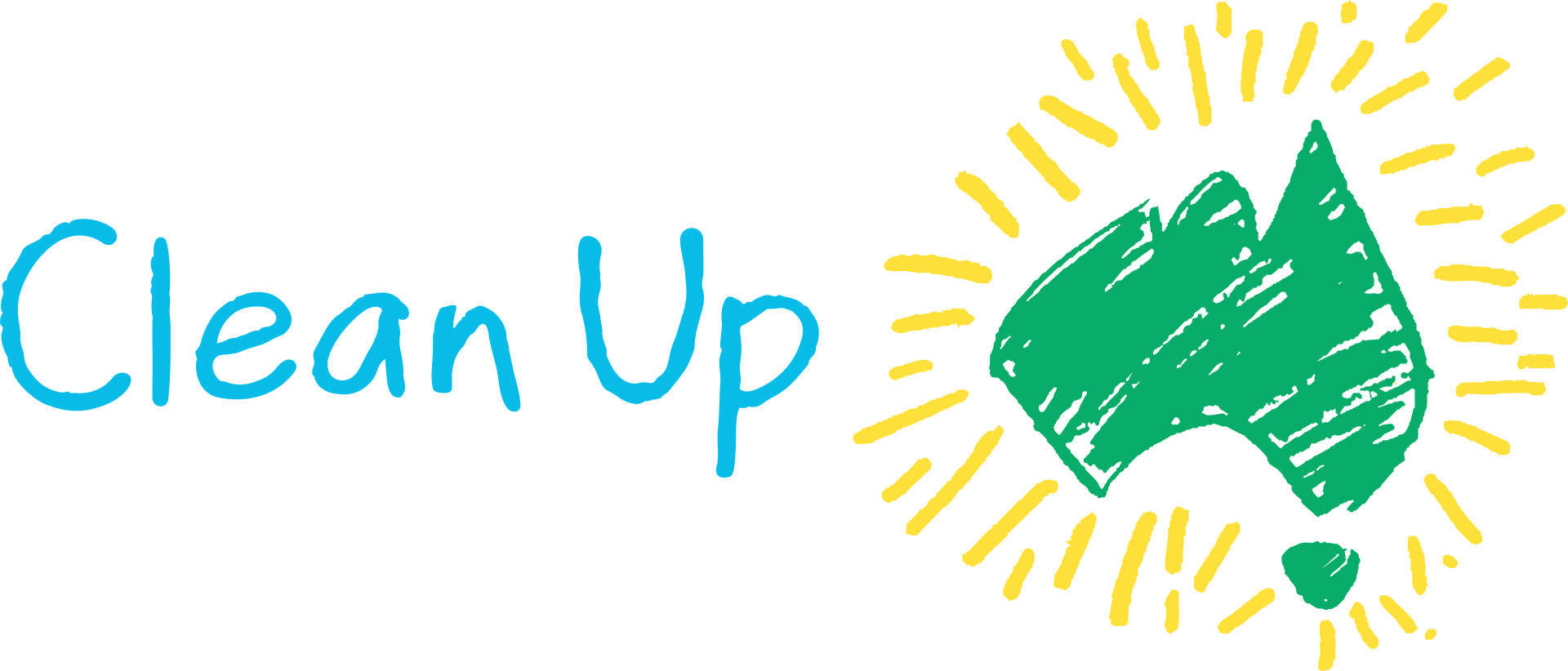Rethinking Plastic Packaging
Unilever is undertaking radical action to help fix the plastic system
Plastic
is a valuable material that has a vital place in the economy and in business.
It is crucial for the safe and efficient distribution of our products and it
has a lower carbon footprint than many alternative materials. But it has no
place in our oceans, rivers, streets and countryside.
We have the opportunity and the responsibility to make sure that we keep plastic within a circular economy and out of the environment.
That means taking fast and radical action at every point in the plastic cycle. We want to lead the way in our approach to our products and packaging, and to the business models and systems in which plastics play a part.
Radical action to help fix the plastic system
We're driving our approach through four ambitious commitments that will radically reshape our plastic use. By 2025, we will:
- Halve the amount of virgin plastic we use in our packaging and an absolute reduction of more than 100,000 tonnes in plastic use
- Help collect and process more plastic packaging than we sell
- Ensure that 100% of our plastic packaging is designed to be fully reusable, recyclable or compostable
- Increase the use of post-consumer recycled plastic material in our packaging to at least 25%.
Less plastic, better plastic, no plastic
In order to meet our commitments, we have adopted an internal framework which shapes our thinking and future innovation - Less Plastic, Better Plastic, No Plastic. Our strategy is helping us transition to a ‘New Plastics Economy’ and recognises the importance of recycling, while acknowledging that it’s not the only solution.
Less plastic involves using lighter, stronger and better materials which have a lower environmental impact.
The better plastic aspect of our framework focuses on making our products recyclable and eliminating problematic materials. In Australia and New Zealand 83% of our total packaging is recyclable and we are building a roadmap to meet the 2025 target.
We know making our packaging recyclable is only part of our responsibility. Unilever also has a role to play in helping consumers know what is recyclable and how to recycle effectively. In 2018, we were a founding signatory to the Australian Packaging Covenant Organisation’s (APCO) Australasian Recycling Label (ARL) which has the ultimate goal of increasing recycling rates and reducing the amount of waste going to landfill.
‘Better plastic’ is also about stepping up our use of recycled plastic. We are proud to report that this month our locally sourced recycled plastic ranges hit shelves for well-loved brands Dove, TRESemme, OMO and Surf. This latest initiative builds on existing brands using recycled plastic such as Comfort and Love Beauty and Planet.
Finally, ‘no plastic’ is about finding new ways to package and new ways to consume. Some of these plastic-reducing solutions will mean whole new business models for us, and new shopping experiences for our consumers. It is one of the most exciting parts of our strategy – and a key element of our commitment to halve our use of virgin plastic materials by 2025. It will involve refills, reusable packaging, new formats, and new materials (provided we’re satisfied they don’t have a worse environmental footprint than the material they replace). There is huge scope for innovation – and our brands are already at work.
Alexandra McDonald is Head of Sustainable Business & Communications, Home Beauty & Personal Care, Unilever Australia & New Zealand
Step up to Recycling, help close the loop by choosing recycled plastic.
Select bottles within Omo, Surf, Comfort, Dove & TRESemmé are now made with 25-100% post-consumer recycled plastic.
Search for other blog topics:




